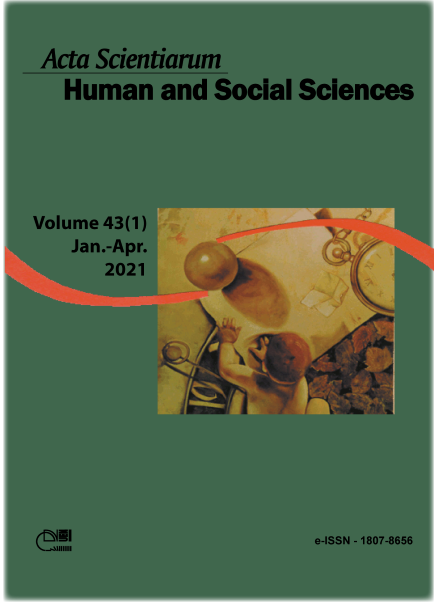Solving puzzles in the philosophy of science
Abstract
According to most introductions and textbooks in the philosophy of science, the main goal of this research field is to describe the methods and principles that are implicit in the practice of science. I will argue in this programmatic paper that such “descriptivist” account of philosophy of science is mistaken. The perspective to be defended relies mainly in the analysis of a paradigmatic case of analysis in the philosophy of science: the so called Deductive-Nomological Model of scientific explanation, which was proposed by Stuart Mill in the mid-19th century and endorsed in the last century by authors as Hempel and Oppenheim. As will become clear, two different (and potentially conflicting) goals guided the search of an analysis of the concept of explanation by these authors: to find a materially plausible account of the concept of explanation and to give an account of the concept compatible with their empiricist assumptions. By doing this, their endeavor is far from being descriptive and it can be compared to the solving of a puzzle. The paper explores also some of the consequences that follow from conceiving philosophy of science as puzzle-solving.
Downloads
DECLARATION OF ORIGINALITY AND COPYRIGHTS
I Declare that current article is original and has not been submitted for publication, in part or in whole, to any other national or international journal.
The copyrights belong exclusively to the authors. Published content is licensed under Creative Commons Attribution 4.0 (CC BY 4.0) guidelines, which allows sharing (copy and distribution of the material in any medium or format) and adaptation (remix, transform, and build upon the material) for any purpose, even commercially, under the terms of attribution.
Read this link for further information on how to use CC BY 4.0 properly.
























